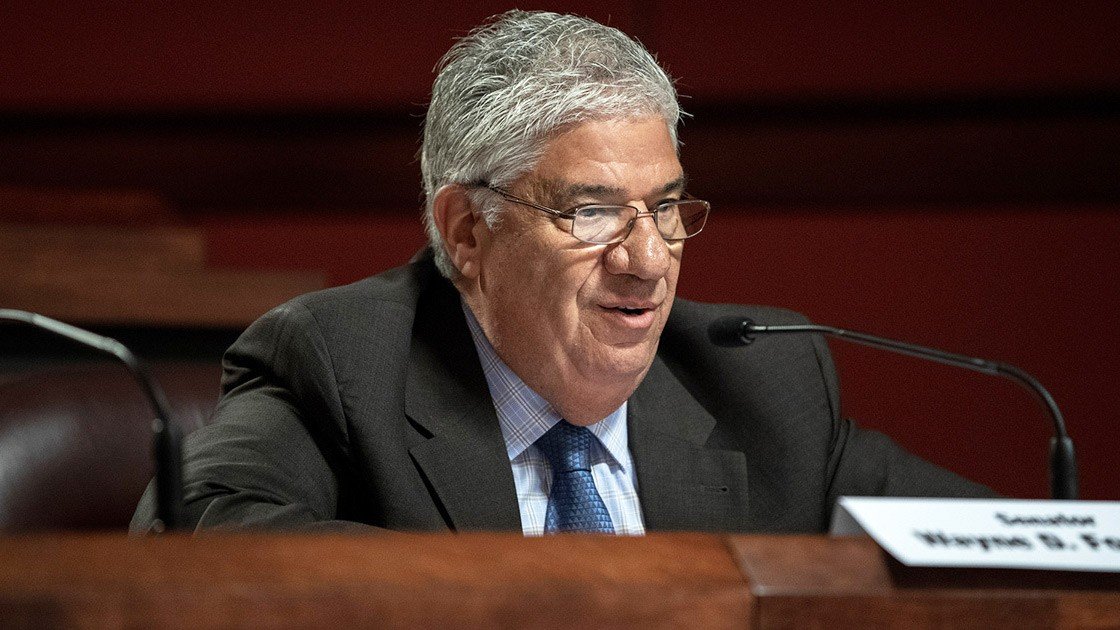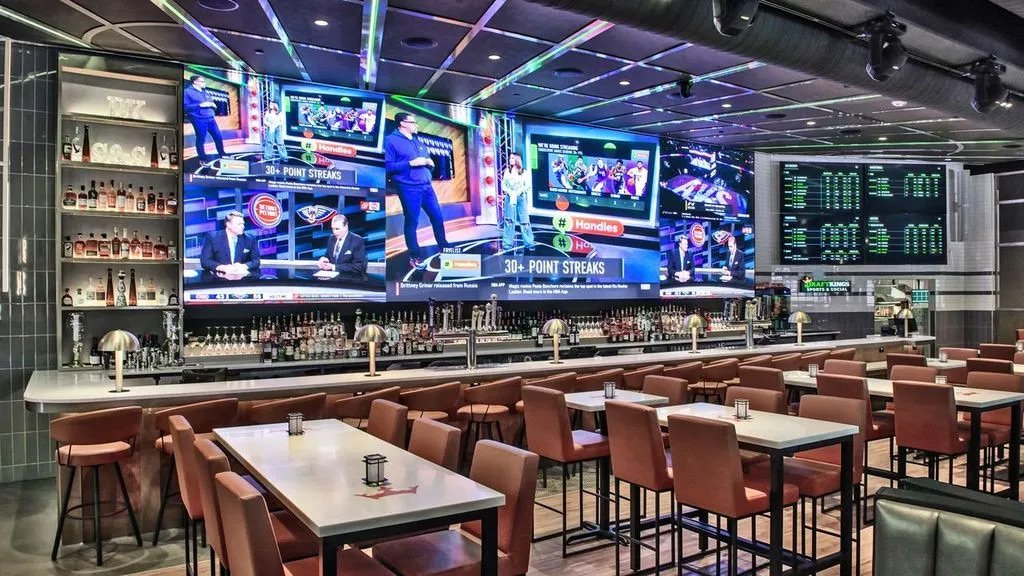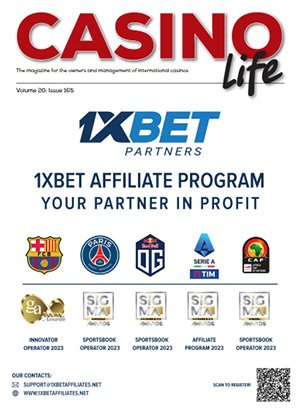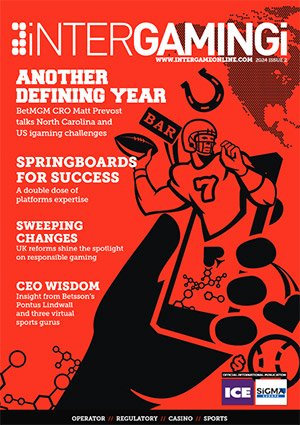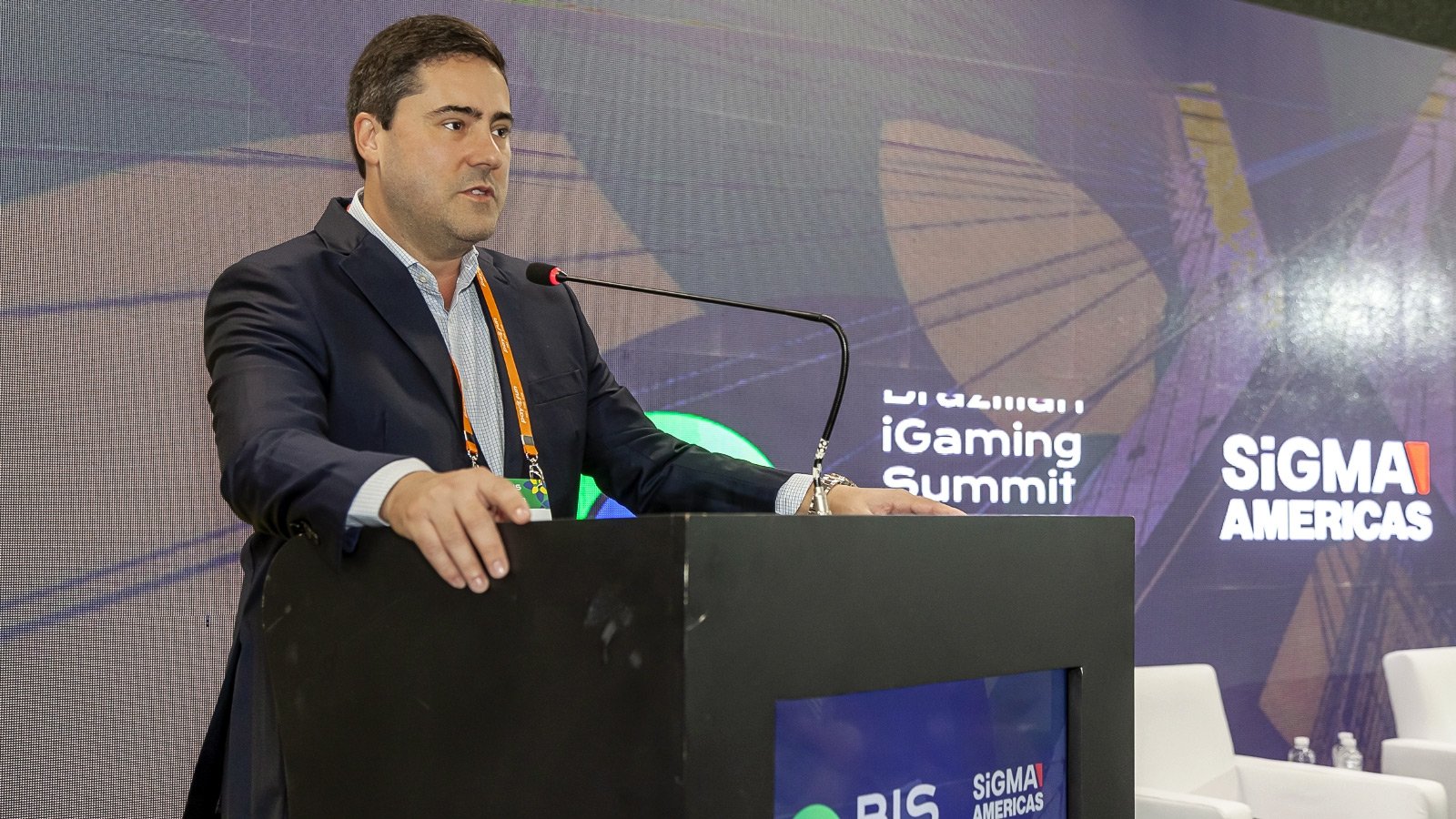Michigan becomes 21st US jurisdiction to legalize sports betting
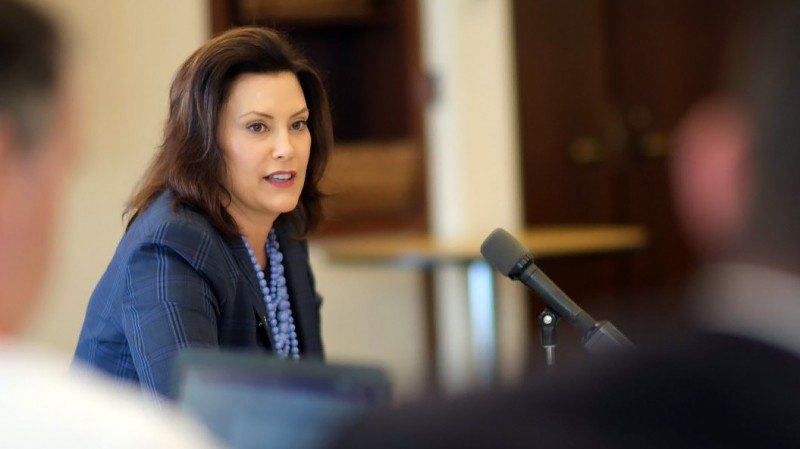
Michigan became the 21st jurisdiction to legalize sports betting in the United States when Governor Gretchen Whitmer signed the Lawful Sports Betting Act last Friday.
Citing her interest in protecting the School Fund Aid, Whitmer inked her name across a package of gaming focused bills intend to rejuvenate Michigan’s gambling offerings. With an emphasis on online sports betting, casino games, poker and DFS, the Governor will rely on revenue generated to support the state’s education, stating “our students deserve leaders who put their education first,” as reported by Forbes.
“With Gov. Whitmer’s signature, twenty states plus DC have now legalized sports betting in the United States, capping off a tremendous year of growth,” said Bill Miller, president and CEO of the American Gaming Association. “These new markets offer more Americans a safe, legal way to wager on sports while positively impacting communities, like in Michigan, where revenue from sports betting will generate needed resources for public education, first responders, and, importantly, responsible gaming.”

Early estimates project over $19 million in revenue, with around $5 million of the new revenue source going into the School Fund Aid. The laws take effect immediately, but wagering will not start for a number of months because commercial and tribal casinos need to obtain state licenses. Lawmakers have said they are hopeful that sports betting and online gambling could start in time for the NCAA men's basketball tournament in March. Those who are 21 or older will be able to participate.
Current Michigan sports betting laws already permit retail sports betting, with the state’s Gaming Control Board already encouraging commercial casinos to push for having sports betting passed as a Class III activity. With a 22% tax applied to Class III games, casinos opted to delay their push in hopes that new legislation would offer a more favorable tax rate.
The new bill sets an 8.4% tax on adjusted gross sports betting receipts, with commercial casinos paying a small city tax to Detroit as well. All free-play spendings are allowed to be reduced from the total receipts prior to filing.
Per the bill, 23 tribal casinos and three commercial casinos are eligible to apply for a sports betting license which carries a $50,000 application fee, $100,000 for the actual license and another $50,000 fee to be paid each year. Operators will be limited to offering only one online platform, and all will be required to rely on official league data when grading and running live-betting wagering options.
All current forms of casino games will be offered online or on mobile devices once casinos are licensed. The three Detroit casinos are expected to open on-site sports betting areas. "Just like MGM and MotorCity, we will have a facility inside of our building, because you will only be able to come to the casino to sports bet, until later on," said Marvin Beatty, vice president of community and public relations for Greektown-Casino Hotel.
Under the new legislation, Michigan sports fans will also be able to partake in legal daily fantasy sports, and while the 8.4% tax rate imposed is the same being placed on sports betting, Michigan will offer the DFS operating license for $20,000 followed by a $5,000 annual fee in hopes of giving lesser know products the opportunity to compete with the giants of the industry.
For now, many are in a race against time if they hope to have an online product live and operational prior to the start of March Madness. The neighboring state of Indiana saw the fastest transition from legislation approval to being operational, with the first bet placed in the state three months and one week after the ban was lifted.
Colorado, Illinios, Michigan, Montana, New Hampshire, Tennessee and Washington D.C. have each joined the sports betting party by passing favorable legislation, but all have yet to launch an operational product as of yet.


